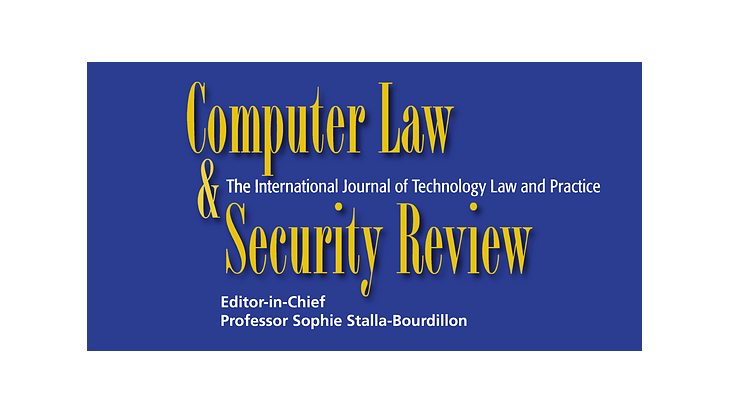für Recht und Ökonomik
Selected Publications: Algorithms in Future Capital Markets and Towards Algorithm Auditing.
27. April 2021, von Alessio Azzutti

Foto: Possessed Photography
Only in the last few decades, global capital markets have undergone profound transformations. Unlike the times when the traditional open outcry model had characterized the quite chaotic functioning of financial markets, global capital markets are today (almost) entirely electronic marketplaces. In the new market reality, financial decision-making and other trading tasks are continuously more - if not almost entirely - delegated to algorithms. In addition, thanks to continuous and spectacular progress in the artificial intelligence (AI) subfield of machine learning (ML) methods, increasingly capable and autonomous algorithmic trading systems can be expected to enter and even dominate the market scene anytime soon.
In “Algorithms in Future Capital Markets”, Adriano Koshiyama et al. introduce us to the fascinating world of trading algorithms and their possible developments in future markets. The authors overview state-of-the-art AI applications in algorithmic trading as real game-changers in financial trading strategies and techniques by emphasizing the most innovative ML methods as new computational finance paradigms. While AI technology can generally lead to several efficiency gains for businesses and consumers alike, its adoption and use can also have some drawbacks. For instance, given the autonomous and opaque nature of specific ML methods (e.g. deep reinforcement learning), several ethical and legal questions can arise whenever AI trading results in unlawful market behaviours. Thus, Koshiyama et al. review the priorities in terms of AI trading systems governance (e.g., interpretability, explainability, robustness) for investment firms to achieve conscious AI development and implementation and ultimately guarantee full compliance with security laws.
In “Towards Algorithm Auditing”, Koshiyama et al. allow us to disentangle many of these open issues related to the governance of AI systems, which can be frustrated by the presence of the so-called ‘black box’ problem. Hence, the authors define the concept of algorithmic auditing as “the research and practice of assessing, mitigating, and assuring an algorithm’s safety, legality, and ethics.” Indeed, with an increasing number of (trading) algorithms operating with increased autonomy vis-à-vis human experts, the authors envisage the emergence of a new tech-legal industry, which owns the premise to “professionalize and industrialize” AI and ML methods. Under this lens, the report examines the four key components in the process of algorithmic auditing (i.e. ‘development’; ‘assessment’; ‘mitigation’; and ‘assurance’), and particularly emphasizes the several trade-off and interactions between the four main auditing dimensions such as ‘privacy’, ‘fairness’, ‘explainability’, and ‘robustness’. Overall, the report has the merit of introducing the emerging field of algorithmic law from a high-level standpoint. It represents a must-read for anyone interested in the interplay between algorithms and the law, as a high-level introduction to the emerging field of algorithmic law.
Please, to know more on these topics, you can watch our past LFT workshop on “Algorithms and Digital Legal Services” by Professor Philip Treleaven on our YT channel by following this link.


